Back in 1993, on the eve of the Iranian presidential election, a still-relatively young Abdolnasser Hemmati was in post as political deputy head of Islamic Republic of Iran Broadcasting (the IRIB). On receiving an electoral campaign video from one of the officially-sanctioned principalist candidates, Ahmad Tavakoli, the IRIB’s propaganda committee opted not to broadcast it. In keeping with his usual calm demeanor, Hemmati shelved the film without making a fuss and went home for the night.
Now, 28 years later and standing as a presidential candidate himself, Hemmati has received the same treatment; his campaign video will not be shown on TV. It remains to be seen whether the banker can break with his generally conflict-averse stance and distinguish himself from the other candidates, or whether he is destined to fade into the background once more.
In this election season and during the previous one in 2017, Hemmati was the only candidate to have held high-ranking positions in the world of commerce. The other candidates in the June 2021 election all have political and military backgrounds, not economic ones, and so Hemmati’s presence is a breath of fresh air.
But two weeks before the 13th presidential election, the atmosphere remains cold and the public appears indifferent. Although the early campaigns have sparked some debate – and at times, mirth – the highly probable outcome remains the victory of Ebrahim Raeesi: Iran’s chief justice, who is implicated in mass murder going back decades.
The balance has been so badly tipped in favor of this conservative frontrunner that some businesses are preparing for the months ahead based on the presumption of a Raeesi administration. Book publishers are scrambling to obtain licenses to republish some of their works, anticipating fresh restrictions in the cultural sphere from June.
In light of this, a handful of analysts even believe the Guardian Council endorsed Abdolnasser Hemmati, the former governor of the Central Bank of Iran, so as to make him a symbol of failed economic policies under Hassan Rouhani. The expectation, it seems, was that he would gain the fewest votes of all. But in recent weeks, Hemmati – to whom most people ascribed nominal chances to during the registration period – has gradually come to stand out in some quarters.
In a surprise move, his wife Sepideh Shabestari recently spoke on his behalf on TV, dressed in a mantle veil rather than the chador generally adopted by the wives of Islamic Republic officials. Aside from the stirring content of Shabestari's speech, the very appearance of one of the candidates' spouses at this stage of the game caused widespread reaction in the political sphere.
In his own speeches, Hemmati has criticized police for sending text messages reprimanding Iranian women over hijab. During an appearance on the IRIB’s Channel Two he also claimed to be “the silent voice of the people” and declared his rival not to be the other six candidates, but rather "the anger of the people turning their backs on the ballot box".
In a recent tweet Hemmati asked Ebrahim Raeesi, who is now active on social media, to issue an order to stop the filtering of Twitter in the run-up to the vote. He also personally announced that his promotional video would not be shown on TV, claiming that the film featured some Iranian women expressing their ideas "without mediation" and he had refused a request from the IRIB to edit them out.
It is now believed that efforts are underway to see Hemmati formally nominated as the main candidate of certain reformist groups. He has become a minor phenomenon in the last few days alone. He was also previously a member of the Central Council of the Reformist Party of Kargozaran, and during her TV appearance, Shabestari claimed that ex-president Akbar Hashemi Rafsanjani had wanted to see Hemmati at the helm of the Central Bank since as early as 2013.
The odds, however, remain stacked against him. Widespread disinterest in the upcoming vote will make it harder for him to make inroads, as will the fact that – as the Guardian Council may have predicted – to many people he does indeed symbolize Iran’s dire economic situation.
That said, the history of Iran’s presidential elections over the past 24 years shows that nothing is certain until the eleventh hour. ‘Unpredictable’ victories tend to require the support of at least one of Iran’s main internal factions or the extra-legal intervention of the Leader, and so Hemmati’s status will remain unclear until the reformists come to a consensus. His chances are certainly better than those of fellow candidate Mohsen Mehr Alizadeh, with whom many reformists are still upset for having ruined their chances by standing in 2005.
Presidential debates also have a role to play. If Hemmati can sufficiently polarize the atmosphere, and present himself as the only plausible rival to the conservatives, his position will be strengthened. The question remains as to whether any efforts he does make now will be too little, too late.
Related coverage:
Iran Appoints New Bank Governor as Freefall Continues
How the Corruption Mafia Took $30 Billion out of Iran in One Year
Ali Larijani Knocked Out of Iran's Presidential Race as Candidates Announced
Firebrands, 'Rentals' and Has-Beens on Reformists' 2021 Candidate List
visit the accountability section
In this section of Iran Wire, you can contact the officials and launch your campaign for various problems




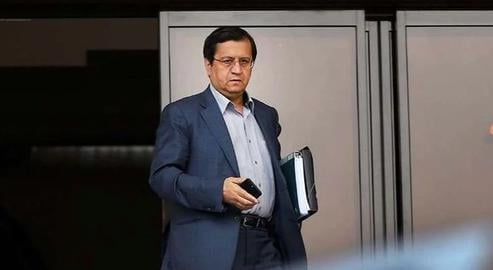
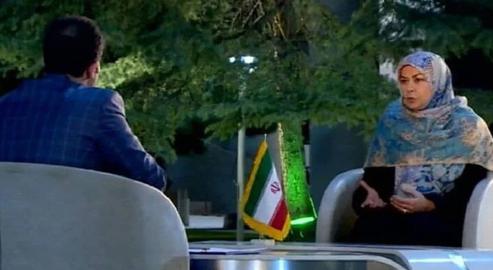
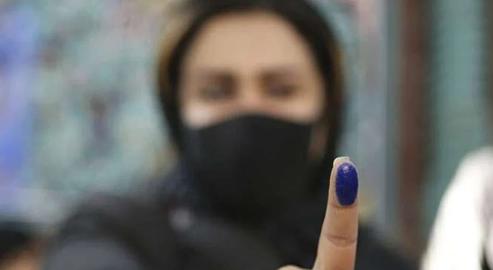
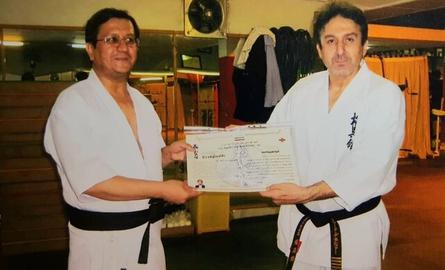



















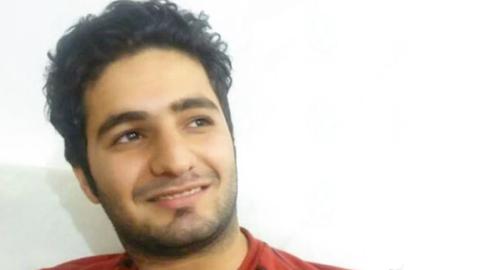
comments